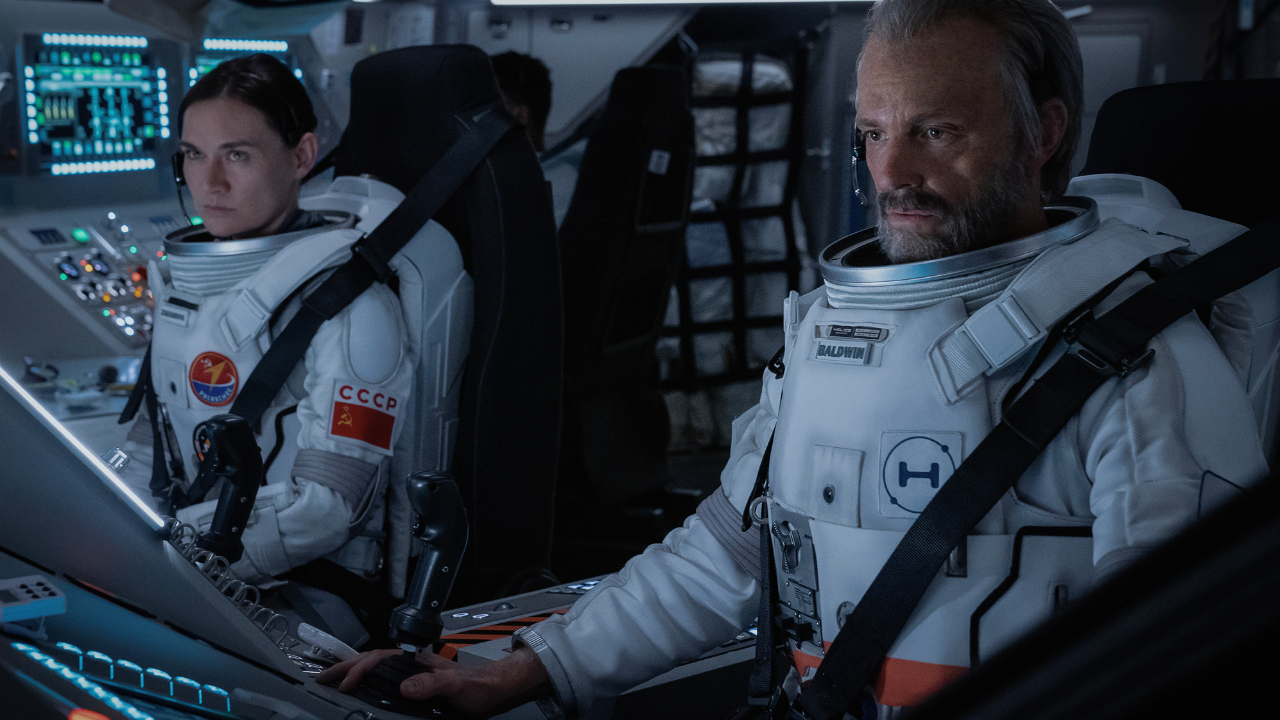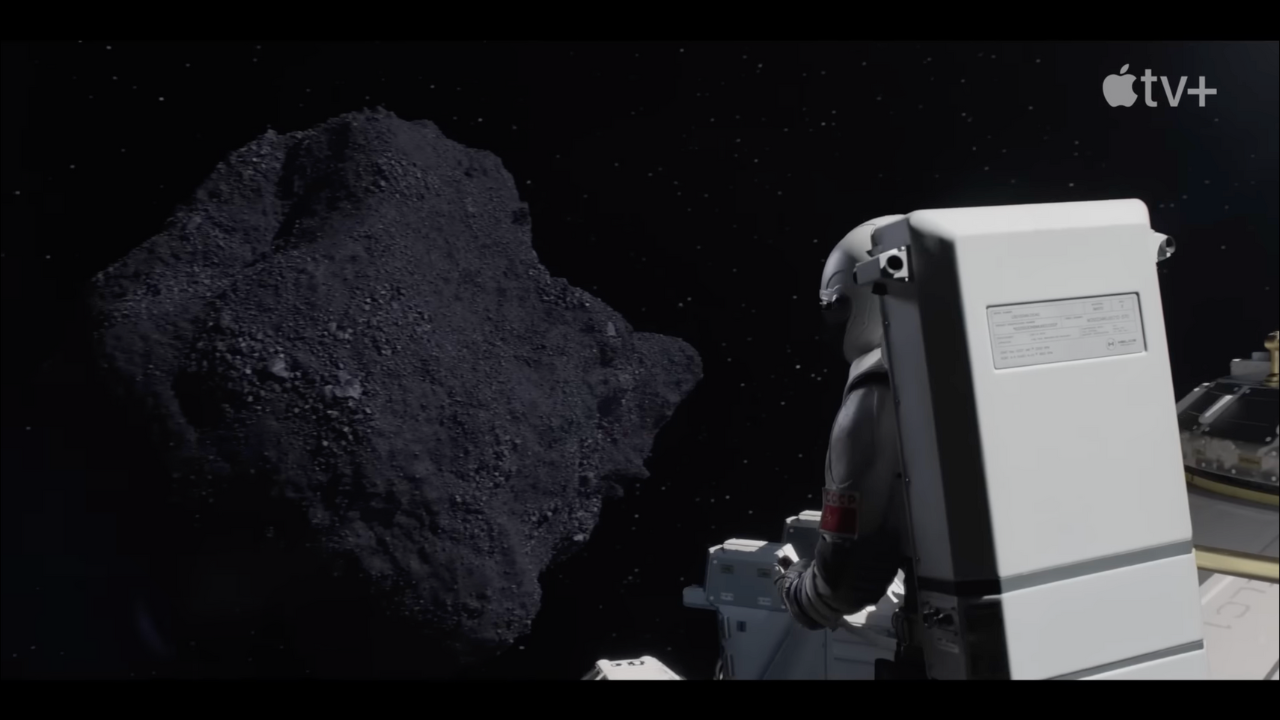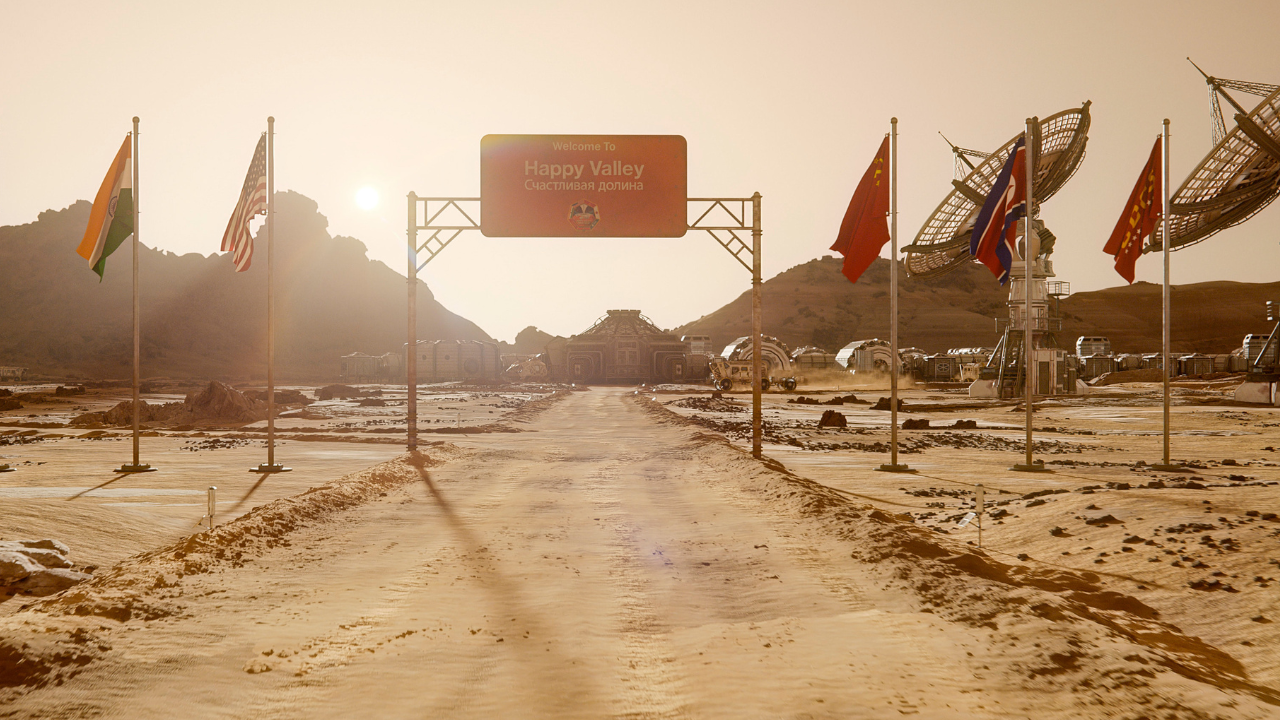For All Mankind is a drama series produced by Apple TV+ that’s on their fourth season. It’s an alternate history drama that imagines a world where the space race did not end with the moon and what could humans accomplish if we continued to pursue the stars?
Created by Ronald D. Moore, Matt Wolpert, and Ben Nedivithe, the show also employs technical advisor Garrett Reisman, a former NASA astronaut who advises the writers on how to keep the science in the story accurate while allowing for some suspension of disbelief.
Reisman spoke to press recently to promote the show and we were able to ask him some pretty interesting questions:
The technology in the show has extrapolated further than what we have currently, do you find yourself pitching ideas for technology to the writers now?
Sometimes I'm doing the pitching, more often, I'm listening to pitches to inform them about how realistic they are and what we can do to make it more realistic. It is a collaboration so it does work in both directions.

Sometimes I'll suggest solutions to technical problems, for example, how can we account for the fact that there's a very harmful radiation environment on the surface of Mars and how are we protecting our astronauts who are living up there, and I'll pitch ideas together with the writers who suggest ideas back and it's a collaboration between myself and the set designer.
Were there any events in the show that you wished happened the same way in reality?
When we were having a [space] race [with other nations in the show], yeah I wished that were real in the time frame when I was an astronaut because I would have loved to be a crew member on Sojourner going to Mars.
I can't complain, I had a lot of fun on the Space Shuttle and on the Space Station, it was great, I got to do spacewalks, I've got no right to complain about anything—but yeah it would have been better to go to Mars, right?
As a consultant, which parts of the show deviates the most from real life?
The most difficult things to get correct are the physics of orbital mechanics, the trajectories that spaceships and asteroids can travel in and what is really possible to do. This is a pretty esoteric field and not everybody has an intuitive sense of how that works.
There are things that we took liberties on in season 4 that very astute physicists are going to know could not really happen, but the vast majority of people will just think it's really awesome.
The show tackles asteroid mining this season. In real life, if we could obtain an asteroid, what would be the benefits?
There are people out there right now looking into this. I actually had dinner with someone who had a start up in Canada called the Canadian Asteroid Mining Company or something like that (we looked, it might be the Canadian Space Mining Corporation), so people are starting companies to do this. It's not that far-fetched.
Potentially, there are a lot of resources you can get from asteroids. Probably the biggest resource you can get is just water. That water is so valuable in outer space because you can create oxygen; you can use hydrogen for fuel; you can create other fuels by combining it with other materials.

There's also some rare metals that are very abundant in some of these asteroids and there are certain estimates that certain asteroids are potentially worth trillions of dollars because of the value of metal that's on the asteroid.
Right now, it's difficult in a cost-effective manner, to access those minerals, but if we had the technology like plasma propulsion and nuclear fusion that we have already put into our alternative universe in For All Mankind, then it might really be possible.
Could we really make a base on Mars like they do in the show?
To send humans to Mars, we can do it with our existing technology. We just have to have: one, money and resources to do it and two, we have to accept a lot of risk.
Right now, there's still a lot of things we don't fully understand about the health risks to humans if we go that far and for that long outside of the protective sphere of the earth's magnetic field.
Even when we're on the Space Station, the earth's magnetosphere is still protecting us from a lot of the radiation. But once you go beyond that you have to deal with galactic cosmic radiation, you have to deal with solar particle events—and we dealt with that with Apollo—and the way we got to the moon successfully is that we just didn't stay very long. We went out [to the moon] and came back in about a week so that's how we controlled that risk.

We can't go to Mars in a week, going to Mars and coming back is going to take years so the question is: we know what kind of radiation is out there, we don't know exactly what that radiation does to human beings.
So there's two options, we can learn more about the dangers or we can accept the risk and just go. If we're willing to accept that risk, we can go [to Mars] quite soon. It's just a question of how much money and risk we're willing to spend.
Watch For All Mankind Season 4 on Apple TV+ now.






